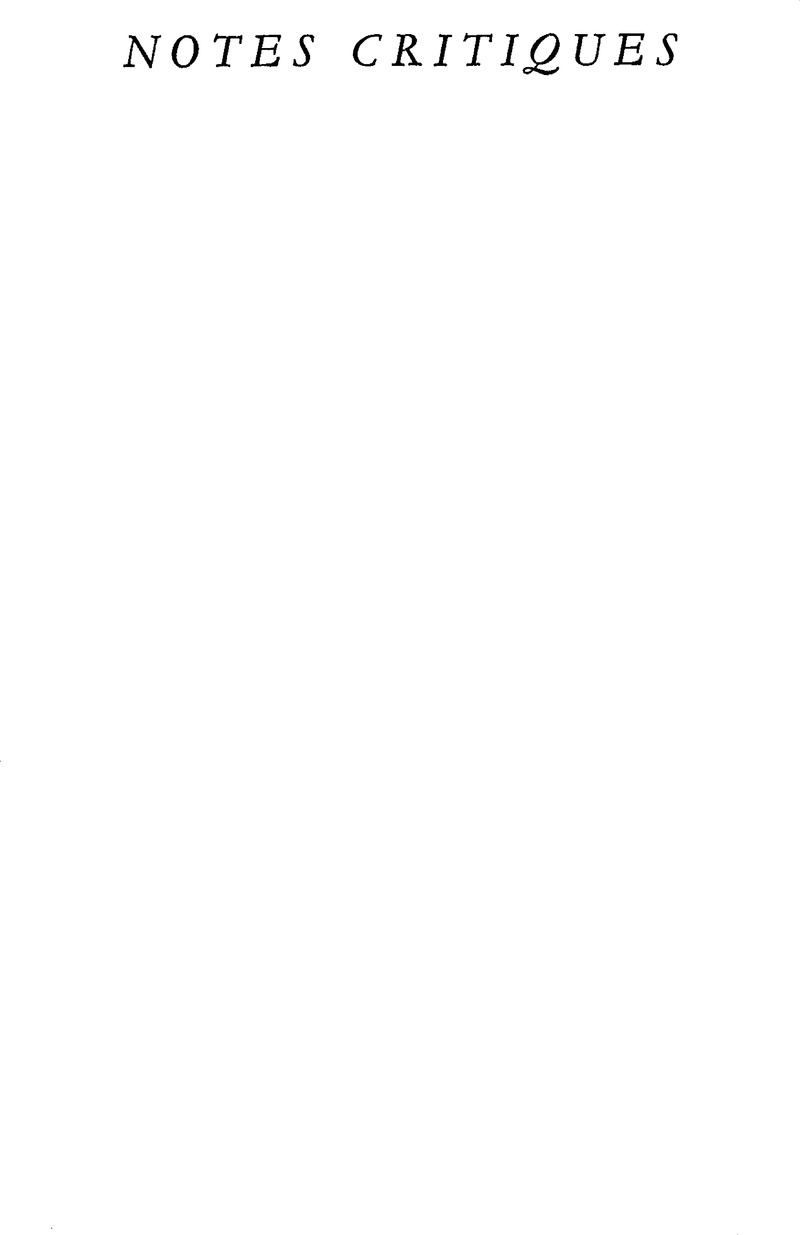
* On War, by Carl von Clausewitz, edited and translated by Michael Howard and Peter Paret; with Introductory Essays by Peter Paret, Michael Howard and Bernard Brodie; and with a Commentary by Bernard Brodie (Princeton, Princeton University Press, 1976); Clausewitz and the State, by Paret, Peter (Oxford, The Clarendon Press, 1976)Google Scholar. Penser la guerre, Clausewitz, I: L'âge européen, II: L'âge planétaire, by Aron, Raymond (Paris, Gallimard, 1976)Google Scholar.
(1) Compare the author's Philosophers of Peace and War (London, Cambridge U.P., 1978), pp. 47–49, and 53–60Google Scholar.
(2) Why, for instance, at p. 75 section line 1, do they render ‘schwerfällige publizistische Definition’ by ‘crude, journalistic definition’, whereas at p. 146 line 13 they render ‘Publizist’ more naturally as ‘political commentator’. This question is of importance for a just appreciation of what Clausewitz was trying to do in producing the string of ‘truths by definition’ which follow and which pave the way to his final view of the logical status of Absolute War. Why, again, at p. 99 line 10 do they render ‘Schleitwege’ as ‘devious’ rather than, as the sense would suggest, ‘slippery’ or ‘dangerous’ paths. Again, the force, if not the sense, of the passage is weakened And why, at p. 606 last line, do they weaken Clausewitz's remarkable (and only seemingly circular) definition of state-policy as ‘ein blosser Sachwalter aller dieser Interessen gegen andere Staate’ (my italics) by rendering it ‘the trustee of all these interests against the outer world’?
(3) On War, ed. Howard, and Paret, , pp. 22 lines 5–7Google Scholar.
(4) Ibid. p. 75, Sect. 2.
(5) Ibid.
(6) Ibid. p. 581, par. 2.
(7) This is all the more surprising since, in his earlier Paix et guerre entre les nations (especially pp. 563–4). Aron emphasised that military principles have precisely this character.